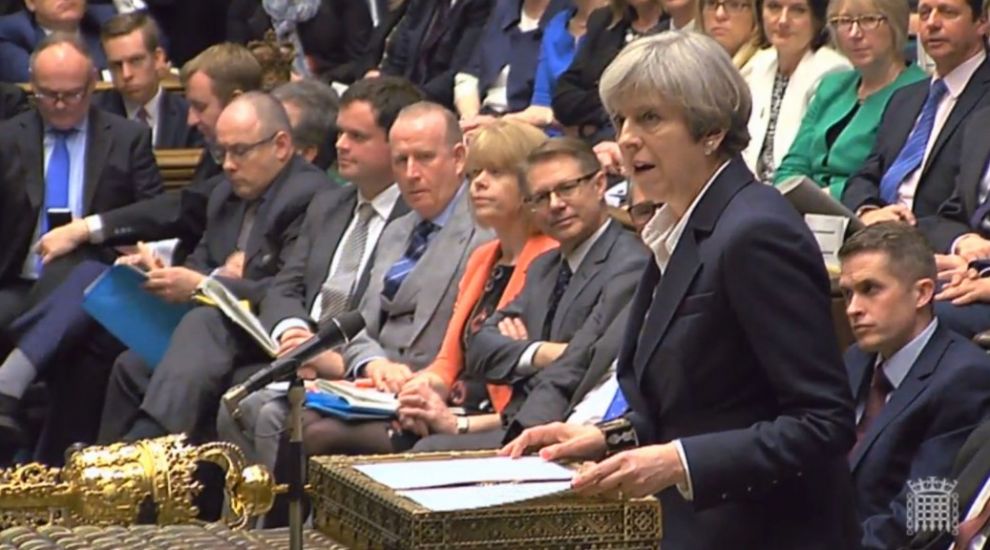

Ministers should not be allowed a say in who holds them to account in public questioning over fears they might be tempted to favour ‘Alan Titchmarsh over Jeremy Paxman’, a backbench politician has said.
St Helier Deputy Russell Labey is aiming to put an end to Ministers being able to vote for the Chair of the Panel that scrutinises them.
In a proposition lodged last week, the Deputy wrote: “It has always struck me as anomalous that in an Assembly the size of ours, immediately after taking office, Ministers play a role in the selection of the person principally charged with scrutinising their performance and holding them to account. Who would you be tempted to favour as your inquisitor, the wolf or the lamb: Jeremy Paxman or Alan Titchmarsh?
“This proposition seeks to remedy that situation.”
He’s also seeking a return of the secret ballot in the election of the Chief Minister, Ministers and Chairpeople of various States Scrutiny panels.

Pictured: Deputy Russelll Labey will bring his proposition to the States Assembly in September.
If accepted by the States when up for debate in September, the move would see the States return to the system it abandoned in 2011 in a bid to promote openness and transparency within the government, “…at a time of much mistrust and dissension, both within the Chamber and amongst the general public at large.”
Deputy Labey, however, argues that States members being able to secretly cast their votes actually better serves the public because it promulgates, “…selection through merit, not through political patronage.”
“There is a reason why Party Leaders and Prime Ministers the world over, to this day, are elected by means of a secret ballot, and that is to free both elector and candidate from the burden and scourge of any suggestion of favouritism, nepotism, preferential treatment, cronyism or pork-barrelling.
“Put simply, there is a greater chance of securing the best person for the job over the one best positioned to cosy up to,” he argues.
Moreover, Deputy Labey would like to see Jersey follow the UK by allowing States Members to be nominated candidates for the role of Chief Minister by just two elected colleagues rather than the current amount of six, which he described as “a nonsense.”

Pictured: Deputy Labey says that it would be "a nonsense" if the UK House of Commons were to follow the same rules as Jersey's States Assembly. (PA)
He explained: “If Prime Minister Theresa May were tomorrow to lose the confidence of the Conservative Parliamentary Party, or if she elected to resign as Prime Minister, challengers for her replacement would require just 2 nominators from within an electoral college that currently stands at 316.
“So to get on the ballot paper to become Prime Minister of the United Kingdom, one requires nomination by 0.65% of the electoral college. To get on the ballot paper to become Chief Minister of Jersey, one requires nomination by 12.3% of the electoral college.”
A debate on the potential reforms will go ahead when the States Assembly returns after the summer recess on 26th September.
Comments
Comments on this story express the views of the commentator only, not Bailiwick Publishing. We are unable to guarantee the accuracy of any of those comments.